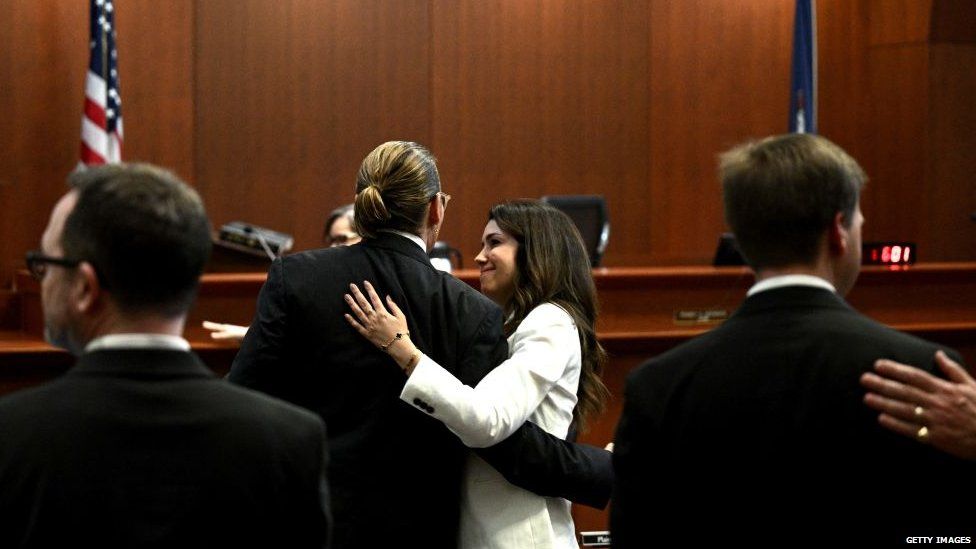Today we will provide information and reviews about How not to prohibit the future of law
Read the following article to get more information.
Behold, Law Firms of the Future:
Lean operations are designed to rely on outsourced labor and non-lawyer professionals, relying on technology. Relying on economies of scale, corporate business practices and technology to maximize efficiency. Laser-focused commitment to client demands for results and billable hours Bye, bye. And even a little foreign investment, for good measure.
guess what happened The companies of the future are here – and to find them, you don’t even have to look to Britain, where alternative business structures are in full bloom, or Silicon Valley, where start-ups are inventing new ways to access justice. No – all you have to do is take a look at the large-scale foreclosure factory law that dominated the mortgage market and the future of the law will hit you right in the face.
Of course, it seems very counterintuitive. Dustin Zack’s law review article, Robo-Litigation (March 2013) is probably the last place you’d look for glimpses of the future of law. Focusing on the rise and fall of the foreclosure and robosignature law practices that grew in response to the housing market collapse, Zacks delves into the unpleasant side of an ongoing voluminous legal practice. This round-the-clock operation hardly resembles the elegant brands and sharp logos of the companies in question in the future. But believe it or not, back in the age of the Internet, these foreclosure factory practices were just as innovative (well, perverse anyway) and ahead of the curve as any of today’s up-and-coming companies.
As Zacks explains (starting in 895), foreclosure factories are “built for speed and efficiency, not billable hours.” Although foreclosure firms hired younger attorneys, they did not devote time to training or mentoring them. And in fact, instead of hiring large numbers of associates, foreclosure factories use low-wage workers to increase productivity and cut costs. Indeed, one of the hallmarks of foreclosure factories was a heavy reliance on nonlawyer staff, with 90 to 100 attorneys for each attorney-partner. To further increase efficiency and deliver results on budget to clients, foreclosure factories relied heavily on forms and technology developed overseas by third-party providers.
Some may argue that foreign investment could have solved the problems in expropriated factories by exposing many of their questionable practices to the light of day. But in fact, most of the foreclosure mill lawyers had already found a way to access private capital—and that did little to prevent the infringement. From the article:
Another under-examined aspect of foreclosure attorney malfeasance is private equity holdings in foreclosure law firms or their side businesses.
The International Herald Tribune reported: “Several private equity firms or entities [. . .]The foreclosure law firm has business operations in California, Connecticut, Florida, Georgia, New York and Texas. Involvement in the foreclosure industry began around 2005.
The main idea behind private equity investment in foreclosures, as described by the International Herald Tribune, parallels the rise of David Stern. “A private limited company [. . .] Purchases a wide range of services used by law firms such as accounting, computer data, document processing and title search documents. Then, a subsidiary of that private limited company or entity it controls earns money by providing those services to that law firm or other business for a fee.
Zacks concludes that the risk of attorneys’ professional judgment being overridden by third-party investors’ efforts to reach a bottom line is an aspect of the company’s foreclosure practice that is troubling and warrants further investigation.
Don’t get me wrong—the foreclosure factory crisis doesn’t mean we can’t get the future of the law right. Instead, it’s a cautionary tale of what our future might look like if we get it wrong. As we explore deregulation as a possible solution to access-to-justice problems, we need to keep the past in mind to ensure we don’t repeat it. Because if we do, the singles and minis—who were the heroes of the dump factory crisis—may not be around to pick up the pieces if we get it wrong next time.


